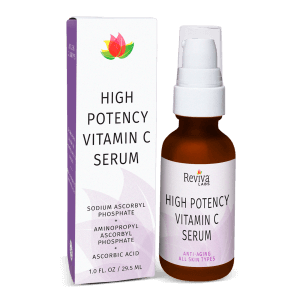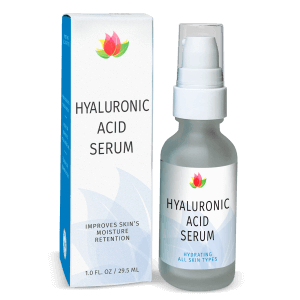Ingredients, Skin Care
The Impact of Prescription Medications on Skin Health
Prescription medications play a crucial role in managing various health conditions, but they can also have unintended effects on your skin, which is the body’s largest organ. Understanding these effects can help in managing and mitigating any negative impacts on your complexion.
Skin Changes from Medications
Many medications have side effects that can affect the skin’s appearance, texture, and overall health. For example, certain drugs can cause dryness, make the skin more prone to bruising, or lead to acne. These changes occur because medications can alter the body’s hormone levels, affect blood flow to the skin, or impact how well the skin can retain moisture.
Antibiotics, for instance, are known for treating infections but can also lead to photosensitivity, making the skin more vulnerable to damage from the sun’s UV rays. Similarly, hormonal medications such as birth control pills or hormone replacement therapy might cause melasma, a condition characterized by dark, discolored patches on the skin.
Acne and Prescription Medications
One of the most noticeable impacts of medications on the skin is the development of acne. This condition is not just a concern for teenagers; adults can also experience medication-induced acne. Drugs such as corticosteroids, lithium, and certain types of antidepressants are known to aggravate or trigger acne outbreaks. These medications can increase oil production in the skin, clogging pores and allowing bacteria to thrive.
It’s important to manage these effects with a good skincare routine, possibly one that includes non-comedogenic products that do not block pores. Monitoring how your skin reacts to a new medication can also provide valuable insights and help your healthcare provider make necessary adjustments to your treatment plan.
Dry Skin and Hydration
Prescription medications such as diuretics used to treat high blood pressure or heart conditions can lead to dry skin. These medications increase urine output to remove excess fluid from the body, but they can also decrease the skin’s hydration levels. This loss of moisture can make the skin appear flaky, itchy, and dull.
To counteract dryness, using moisturizers that lock in moisture and drinking plenty of water can be beneficial. Choosing skincare products that are specifically designed to boost hydration and maintain the skin’s protective barrier is also advisable. Regular use of these products can alleviate dryness and improve skin texture.
The Connection Between Medication and Skin Sensitivity
Some medications can make the skin more sensitive to environmental factors. For instance, topical and oral retinoids, often prescribed for acne and other skin conditions, can make the skin more susceptible to sunburn. This increased sensitivity necessitates a heightened focus on protective measures, such as using sunscreens with high SPF and wearing protective clothing.
Moreover, medications that suppress the immune system—such as those used for autoimmune diseases or after organ transplants—can make the skin more vulnerable to infections and slow the healing process of cuts and bruises. For individuals on these medications, extra care should be taken to protect the skin from injuries and infections.
Statistical Insight into Medication Effects on Skin
According to research published in the Journal of the American Academy of Dermatology, over 34% of people who take oral medications experience some form of skin side effects. These findings highlight the importance of being aware of how medications might affect your skin.
Managing Complexion Issues with Skincare
To manage and mitigate the effects of medications on the skin, incorporating a tailored skincare regimen is crucial. This regimen should consider the specific changes induced by your medications. For instance, if your medication causes oily skin, using products formulated for oil control can be beneficial. Conversely, for medications that dry out the skin, hydrating cleansers and heavy moisturizers might be more appropriate.
It’s also valuable to consult with a dermatologist who can provide personalized advice based on your health history and the medications you are taking. A dermatologist can recommend specific products or treatments that can alleviate drug-induced skin issues.
Conclusion
While prescription medications are essential for treating various medical conditions, they can also affect your skin in numerous ways. Being aware of these potential side effects and how to manage them can help maintain healthy skin. Regular consultations with healthcare providers, appropriate skincare routines, and staying informed about the possible effects of your medications will enable you to take better care of your skin while managing your health conditions effectively.












